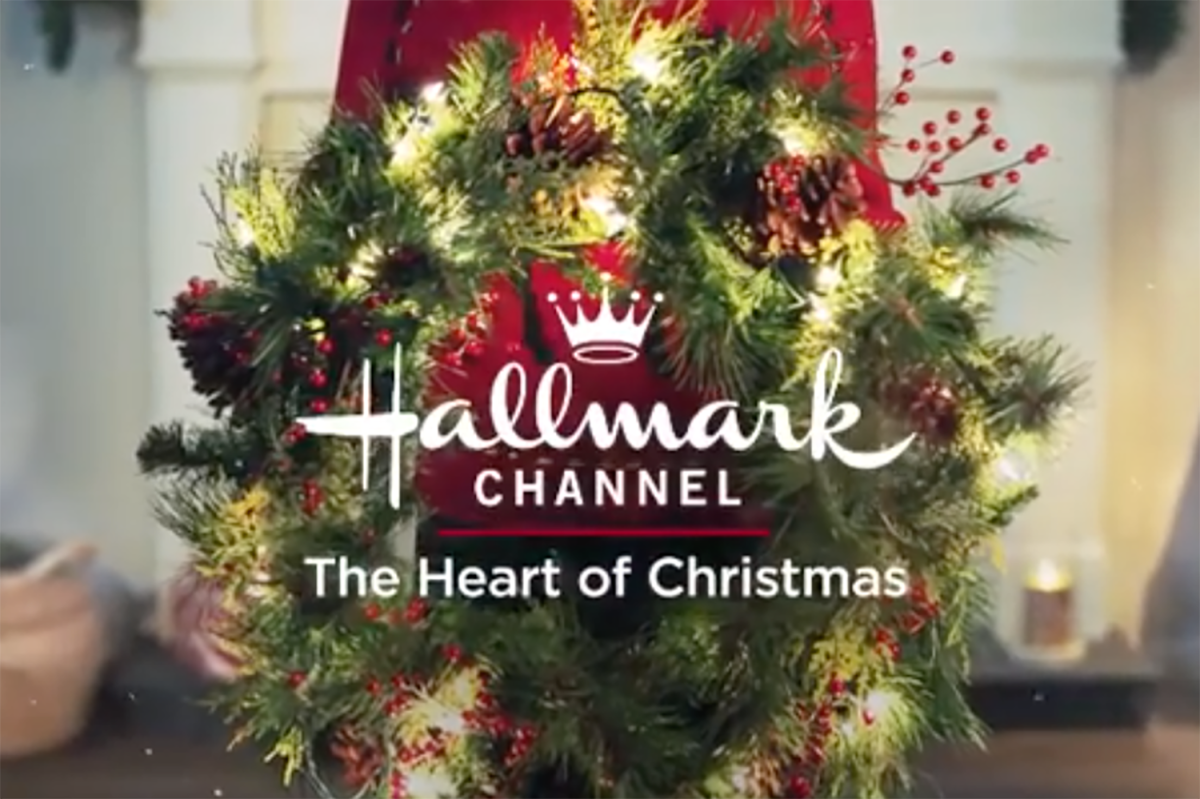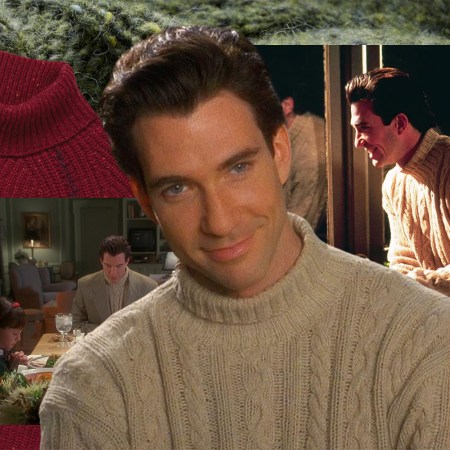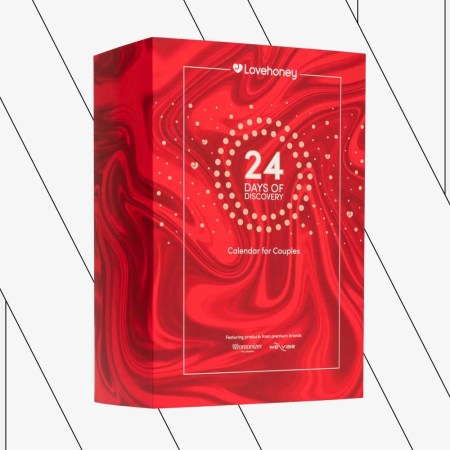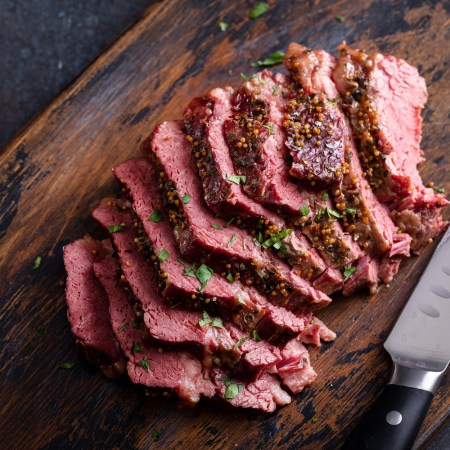The usually innocuous Hallmark Channel, which specializes in wholesome family content and made-for-TV Christmas movies, stumbled into some controversy last week after yielding to pressure from anti-LGBTQ groups urging the company to pull an add featuring a same-sex wedding.
The backlash was swift, as was Hallmark’s subsequent backpedaling. The company offered an apology to Zola, the wedding planning company that produced the ads, on Sunday, admitting the choice was “the wrong decision.”
This kind of controversy was new to the company, which, as Sarah Larson noted in a recent New Yorker piece chronicling Hallmark’s rise to cable TV dominance, “takes pains to be apolitical.”
As Crown Media CEO Bill Abbott told Larson, the Hallmark Channel is “your place to go to get away from politics, to get away from everything in your life that is problematic and negative, and to feel like there are people out there who are good human beings that could make you feel happy to be part of the human race.”
For the Hallmark Channel, remaining “apolitical” means producing programming that presents an idealized version of small-town America, filled with close-knit communities, (viable!) small businesses and gingerbread baking competitions. It is also, as Larson noted, an America populated almost entirely by straight, mostly white, often Christian inhabitants.
In other words, the world of Hallmark movies represents a certain “great” version of America some believe once existed and to which they would like to return. It’s no wonder, then, that despite the company’s official “apolitical” stance, the channel is thriving in the Trump era. Alongside Fox News, the Hallmark Channel was one of the only networks to gain viewers last year, Larson reported.
Hallmark’s history in television is a long one, dating back to 1951 when the company sponsored the first original opera written for television. Forty years later, the company that started with two brothers selling greeting cards in 1910 formed Crown Media, beginning Hallmark’s cable legacy. The Hallmark Channel was officially born in 2001, and shortly thereafter began churning out its signature, down-home, often lightly religious content such as the 11-film frontier drama “Love Comes Softly.”
But it wasn’t until 2009, when Bill Abbott took over as CEO, that the Hallmark Channel really started “leaning into Christmas.” Today, the channel is perhaps best known for its massive volume of reliably predictable holiday films, the likes of which have been replicated by other networks and streaming services including Lifetime, Freeform and Netflix. Of the 103 original movies Hallmark and its sister network, Hallmark Movies and Mysteries, produced this year, 40 are about Christmas, Larson reported.
The channel has cornered Christmas cable by sticking to homey films devoid of violence, swearing, sex, politics and anything else likely to cause controversy. But as this past weekend’s drama over the same-sex marriage commercial revealed, Hallmark’s political reticence is inevitably starting to make a political statement of its own.
Subscribe here for our free daily newsletter.
Thanks for reading InsideHook. Sign up for our daily newsletter and be in the know.


















